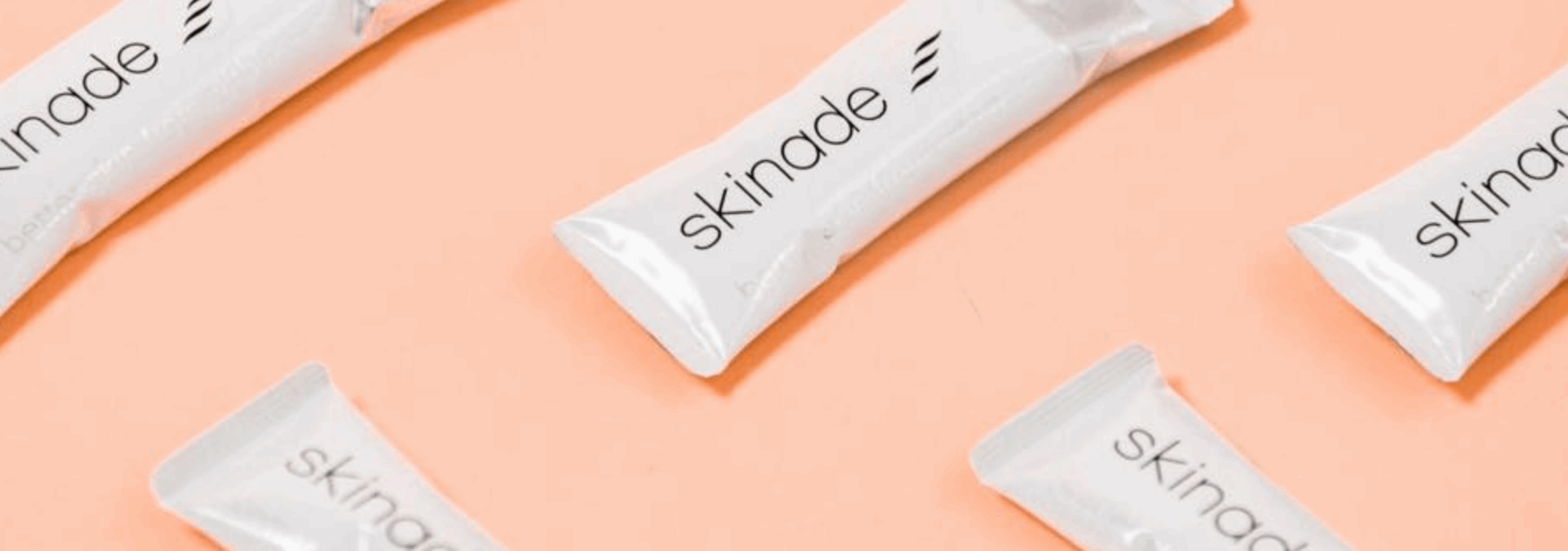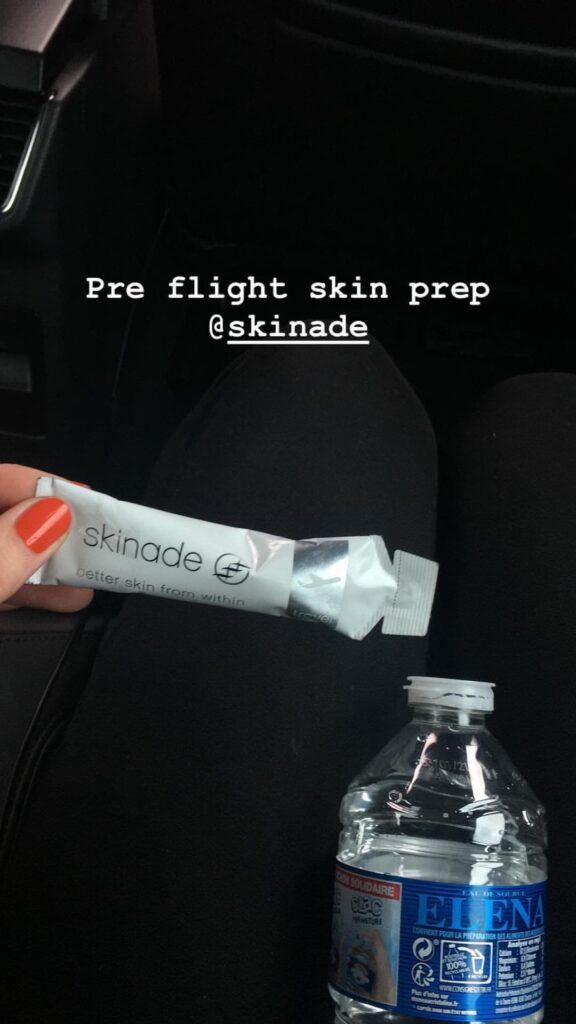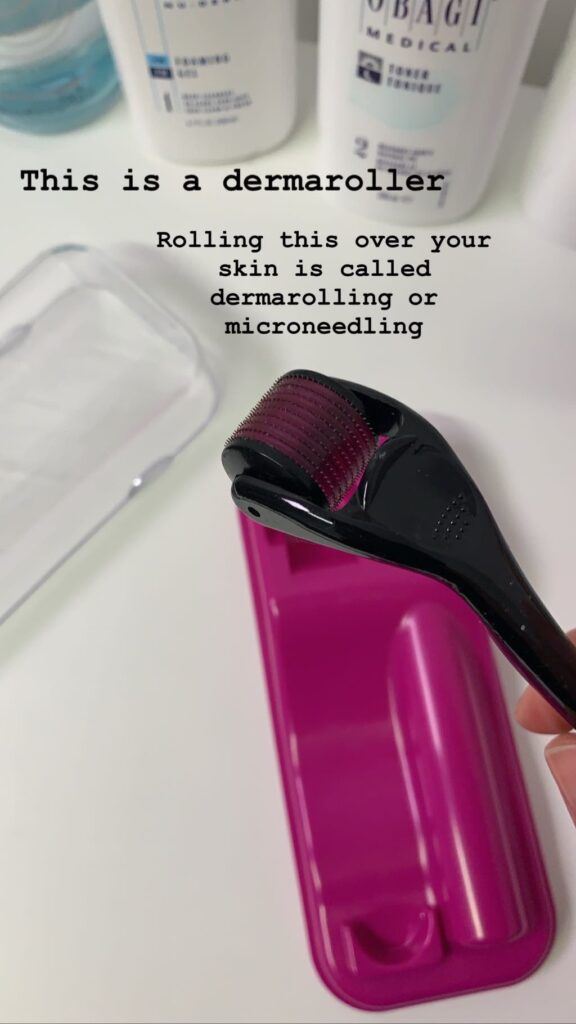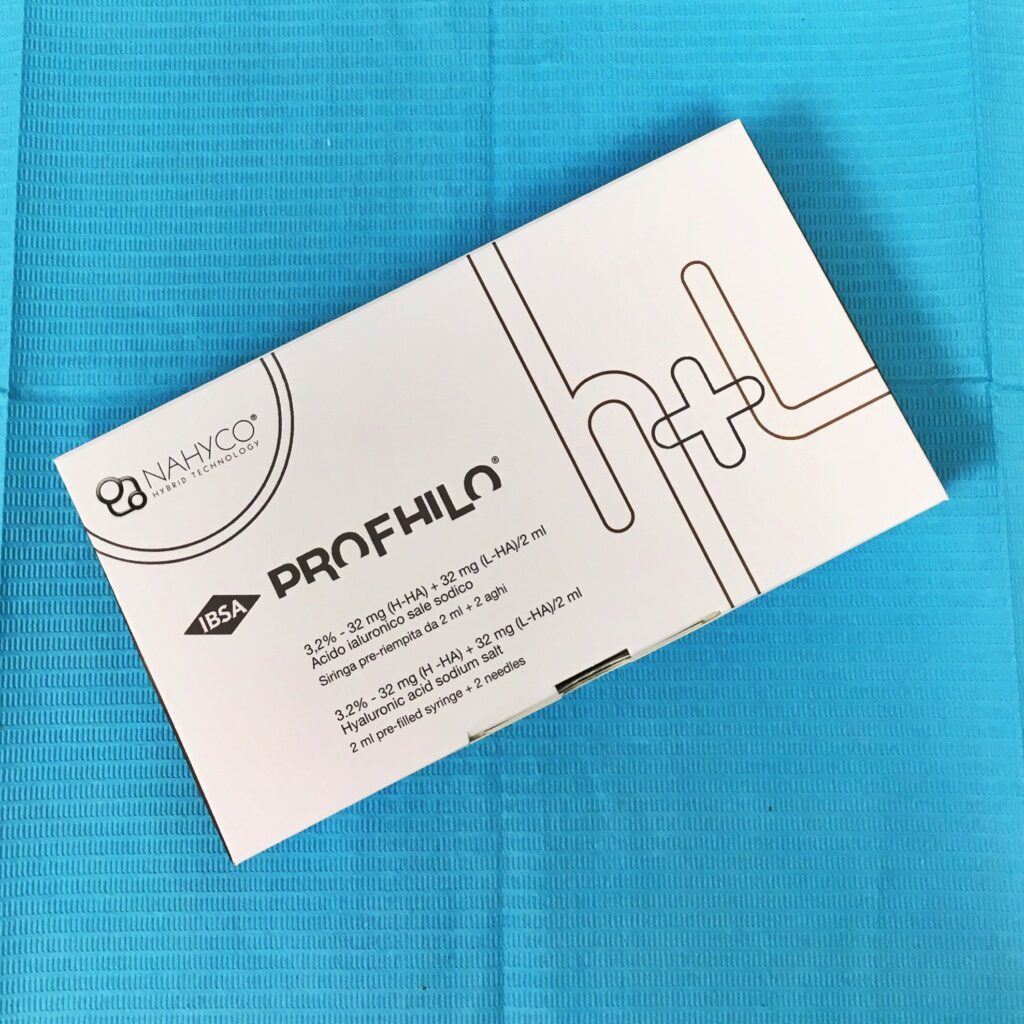
Collagen – what is it, and why is it vital for glowing skin?
Collagen has become a popular buzz word in the anti-ageing and skincare industry. As always, this has lead to confusion, myths, and the word being plastered on everything from supplements to face masks. Read on if you’d like to find out what it is, if you need it, and most importantly, how you can really get it.
Collagen is an essential building block for the entire body and the main structural protein in the skin. Types I and III are the most prevalent forms found in your skin, and are essential for skin elasticity and health. Unfortunately, the level of collagen in our skin starts to decrease from our early twenties (I know, and I’m not happy about it either). Women tend to start with less than men, and can therefore appear to age earlier (we really, really, cannot get a break). A youthful glow, and plump, hydrated skin are both very dependent on collagen content of the skin, so what can you do to increase or maintain yours?
- Diet
Nutraceutical and supplements designed to target ageing skin, pigmentation and other concerns, such as acne, are a big trend for 2019. Reducing inflammation can improve many skin complaints, and obviously the old saying, “you are what you eat” didn’t come from nowhere. However, just like with skincare, simply because an ingredients is listed on the outside of a packet, there is non guarantee that it is in any kind of bioavailable form, or that it will be absorbed. The amount of an ingredient is another issue, as most of the time, you will not see anywhere near the expected results without therapeutic doses (which may differ quite a bit from RDA, or recommended daily allowance). A healthy diet, full of all the building blocks for a healthy body goes without saying, and sun exposure, smoking and pollution all cause you to destroy collagen much faster than you naturally would.

I take a supplement called Skinade on a daily basis. This contains 7000mg of hydrolysed collagen peptides (fragments of collagen), which is quite an impressive amount. However, the more important part is that the fragments trick the body into thinking there has been some sort of trauma or collagen breakdown. This triggers the body’s own production of collagen via cells called fibroblasts. Natural production of hyaluronic acid is also increased as a result.
2. Controlled trauma

Our bodies have an amazing capacity for healing. If you cut your skin, or burn your hand, a healing response is triggered, and an entire cascade of events begins. Growth factors, healing factors and lots of other messengers and cells are spurred into action to create new tissue and protect the body from harm. Just like when the collagen fragments are absorbed from Skinade, and you body registers that there must have been collagen breakdown or trauma, controlled trauma can stimulate a similar response in the skin. Microneedling (also known as derma rolling) creates tiny points of trauma, surrounded by healthy skin. This is perfect for triggering the healing response and stimulating the production of collagen, but does not cause major trauma and requires very minimal down time (a few hours of redness usually). IPL (intense pulsed light) and lasers work in a similar manner, as do some of the deeper chemical peels. Repeated treatments are sometimes necessary to increase collagen enough to be able to see and feel a difference, and it can take a few weeks or months to see the effects, as collagen is not fully formed in a matter of hours. Patience, and working with the right practitioner will eventually lead to huge improvements in skin quality, radiance and hydration over time. The appearance of pores can also be minimised, as collagen helps tighten them up – so it is really one of my favourite treatments, both for my patients and for myself.
3. Active topicals
There are only two ingredients that can actually stimulate collagen formation. So even if you’ve dropped €€€ on Creme de la Mer or the like, unless your new lotions and potions contain a form of vitamin A or peptides (and in a sufficient dose, in a form that can actually penetrate your skin), they are not technically “anti-ageing”. They may improve hydration, make your skin feel nice and soft, and tend to have a lovely smell. But…they will not increase collagen in your skin, which you are unfortunately losing every day from possibly the age of 21 (me too, my friend, me too). Vitamin A comes in many forms, retinal, retinol, retinoids, tretinoin, so it can get a bit confusing. there are “starter” levels, and prescription strengths, but none of them, I repeat, NONE, are suitable for pregnant or breastfeeding ladies. Peptides, on the other hand may be used – but I would always check with you doctor before commencing on an anti-ageing regime while breastfeeding or pregnant.
4. Injectable skincare
The newest to the area of collagen stimulation, injectable skincare has really and truly become a thing. Some contain vitamins, and others are pure hyaluronic acid. However, what they all have in common is that they can hop over the skin barrier easily, and get to where they need to go ( something many over the counter products will never do, even if you take a bath in them). My favourite of these skin heroes is Profhilo, a combination of low molecular weight hyaluronic acid and high molecular weight hyaluronic acid. It can tighten up and a wide area of the face, plump up paper fine skin (that can be tricky to treat otherwise) and create that lit from within glow that previously only existed in dreams (or at the hands of a very talented make up artist). This treatment is probably the fastest treatment to cheat your way to glowing skin, and doesn’t usually have downtime lasting longer than a couple of hours. Very popular among brides, mother of the brides and glowing skin obsessed people like myself, it can be used on the face, neck, hands – and anywhere else ( a friend of mine has treated her thighs!).

Whatever way you choose to age, stimulating collagen will complement it – and as a stand alone treatment can give glowing results if you persevere. However, please, please, make sure you go to someone who knows what they are doing. I have heard horror stories, and seen scarring from incorrectly administered treatment – which is far harder to correct, and sometimes is permanent. As always, please feel free to mail me with any questions. I can’t answer everything via email or DM, but I should be able to at least point you in the right direction!


